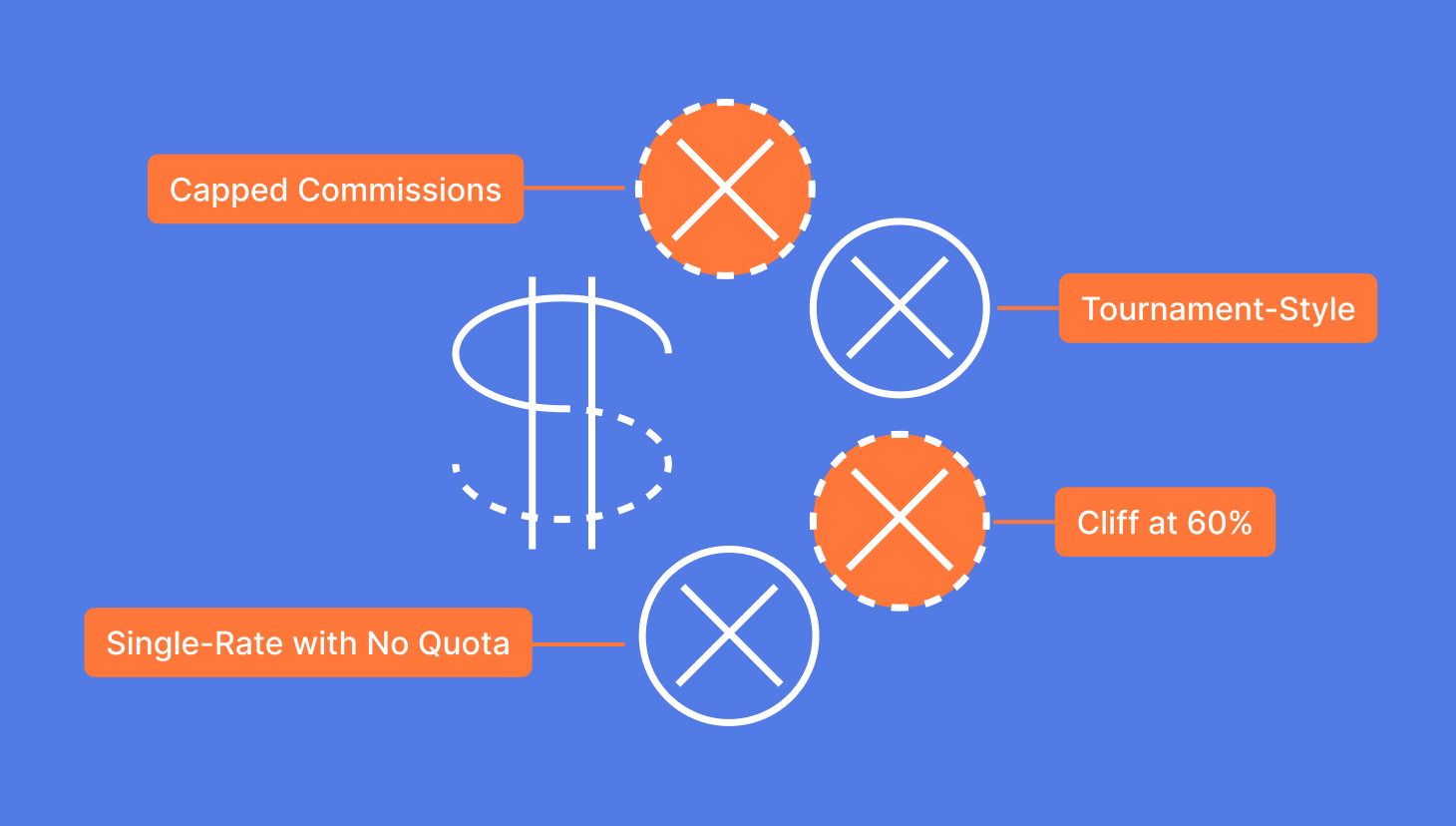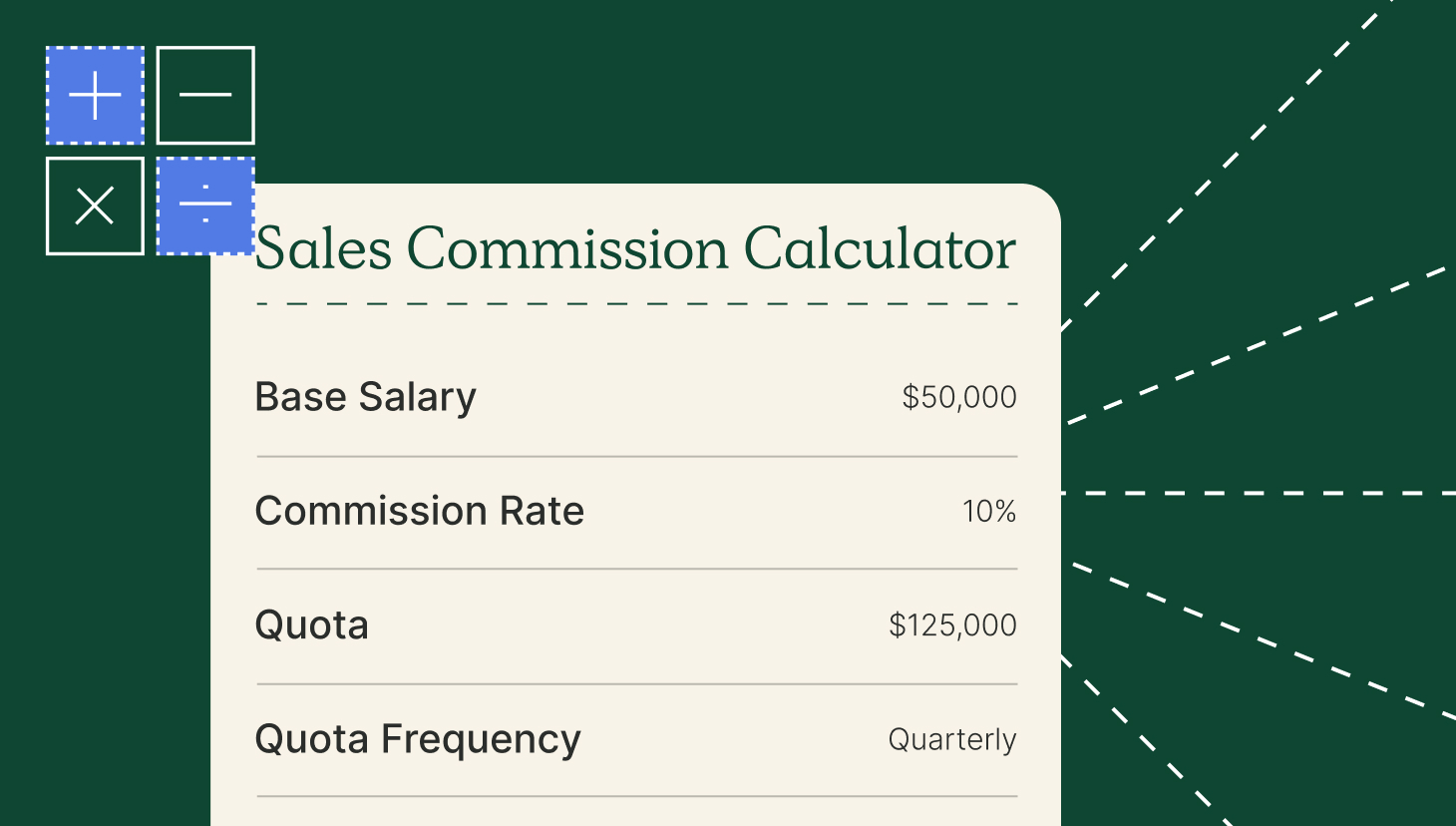Experts in every profession have their preferred tools to help them work better and faster, and sales is no different. While it’s true that a lot of success in sales comes down to the ability to wield experience and finely-tuned skills to make a compelling case for a purchase, having access to the right tools doesn’t hurt, either.
Whether they’re meant to help you stay organized, provide you with insights about your potential customers, or help you contact people easily, the software tools you use on the job can serve as power-ups to complement your skills.
We reached out to a few sales reps to find out what kinds of software and tools they use to help them do their jobs well. Here are the kinds of tools they told us are essential for them to make the most of their time, stay organized, and close more deals:
General communication and organizational tools
With more sales reps working remotely or communicating with people across the country (or the world!) as part of their jobs every day, dependable communication tools are a must. Many of the salespeople we talked to named communication tools like Slack and Zoom as key to their day-to-day work functions. Using messaging tools like Slack, sales pros are able to collaborate and quickly check in with colleagues. Zoom and other video conferencing tools are useful for giving presentations or demos, regardless of geographical distance.
Nearly every person we talked to also mentioned Google Calendar, Google Docs, or the G-Suite as a whole as essential tools for getting work done. While these tools aren’t sales-specific— almost anyone whose job involves working in front of a computer will use these most days— they are certainly useful in helping salespeople organize their days and maximize their productivity. According to Sebastian, an account exec: “[The G-Suite] is easy to use, and it provides multiple basic tools (sheets, docs, notes, list building, calendar) and cross-functionality (mobile and desktop).”
Customer Relationship Management (CRM) tools
CRMs are a fact of life for most sales reps, whether they enjoy using them or not. These tools provide a central location for businesses to store prospect and customer data and keep track of all interactions leading up to a sale.
There are hundreds (maybe thousands) of CRMs available for sales teams to use, but the two most commonly mentioned by the sales reps we talked to were Salesforce and HubSpot, which offer integrations with other useful tools, such as sales intelligence and engagement platforms.
Sales intelligence platforms
Many sales operations in the past depended on manual prospecting tasks like cold calling to get a feel for where to focus their efforts. Fortunately, modern sales forces have resources at their disposal that let them work smarter, not harder.
Using sales intelligence platforms like Guru, Clearbit, InsightSquared, LeadIQ, and others, salespeople can quickly access information about prospects, manage pipelines, and make more accurate forecasts— all tasks that would have required significant investments of time a decade ago. Most of these tools are used in conjunction with a CRM to power up contact records with more in-depth information.
According to sales development rep Eric: “I use these in my day-to-day activities every day of the week. It’s not a ‘nice to have’; they directly impact how I get leads.”
Sales engagement platforms
Time is a limited resource for everyone these days; nobody has time to waste on tasks that don’t move the ball forward meaningfully. That’s why sales engagement tools like Outreach.io, Salesloft, and Yesware came up as useful power-ups for the sales reps we talked to.
These platforms all offer their own unique combination of features, but the unifying idea is the same: they all aim to help salespeople get a better idea of which activities are most effective so they can prioritize them and close more sales. They can also help sales reps quickly personalize and automate written communication with prospects, allowing them to reach more people in less time.
According to account exec Isaac, “These tools are extremely powerful for organizing data in a logical way, with user interfaces that are intuitive and easy-to-use. Whether that data organization involves messages, training/sales collateral, or outbound emails, my favorite tools are ones that let me automate manual processes and focus on strategic problem-solving.”
Sales performance management
Even with all these other tools at your disposal, your efforts can become unfocused if you’re not aware of what’s working and what isn’t. That’s one reason it’s so important to have a good idea of where you stand on the path toward your goals. But juggling an ad hoc system of self-made spreadsheets to keep yourself on track is not just onerous and unappealing, it’s also a huge strain on your already-tight schedule.
That’s where QuotaPath comes in. With our attractive and easy-to-use platform, you can forecast your attainment and compensation in real-time, visualize how your performance changes over time, and stay motivated to reach your sales goals… all without putting together a single spreadsheet. Oh yeah, and it’s free to use, today and forever.
Ready to learn more or try it for yourself? Get started today.



